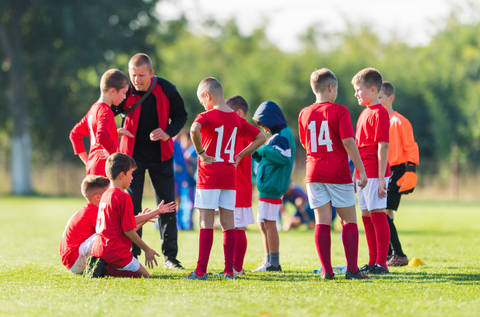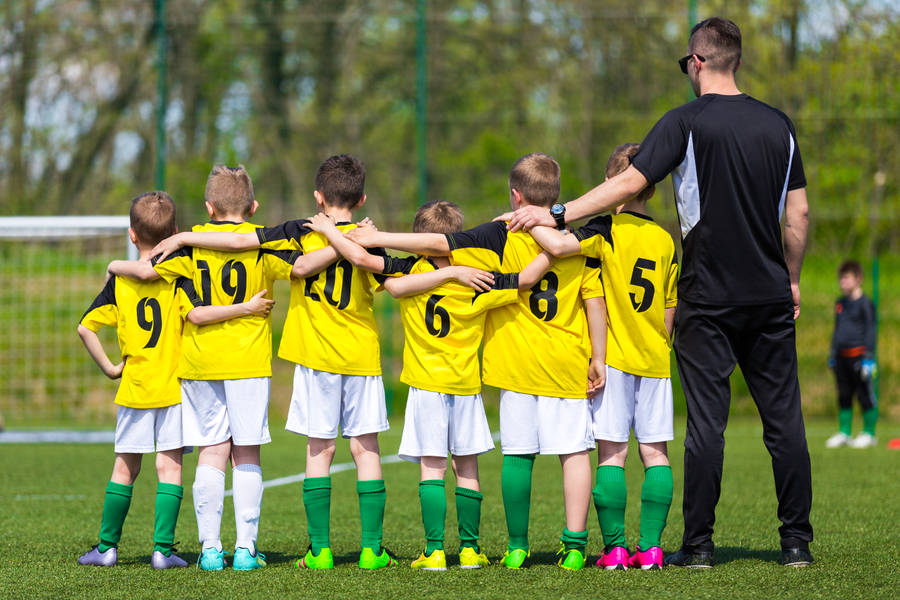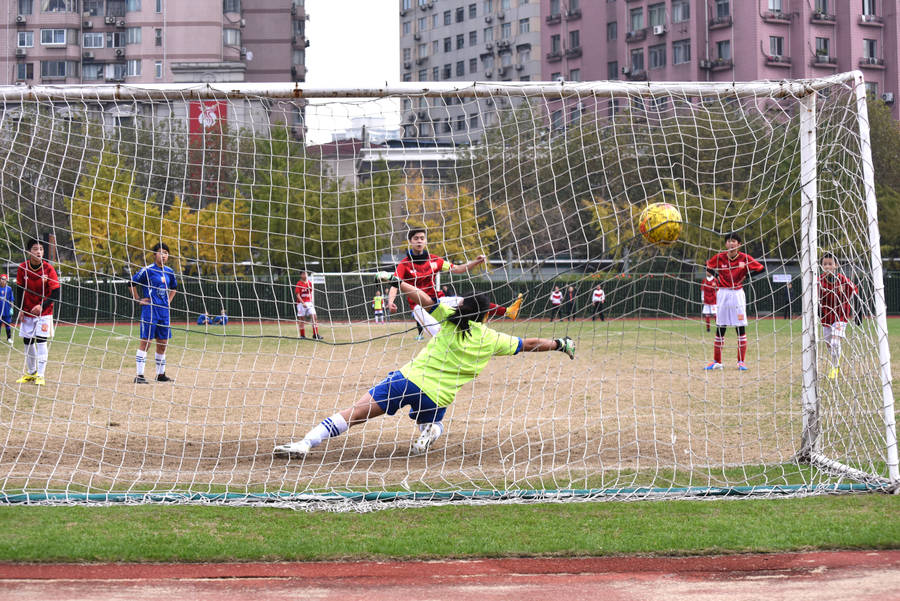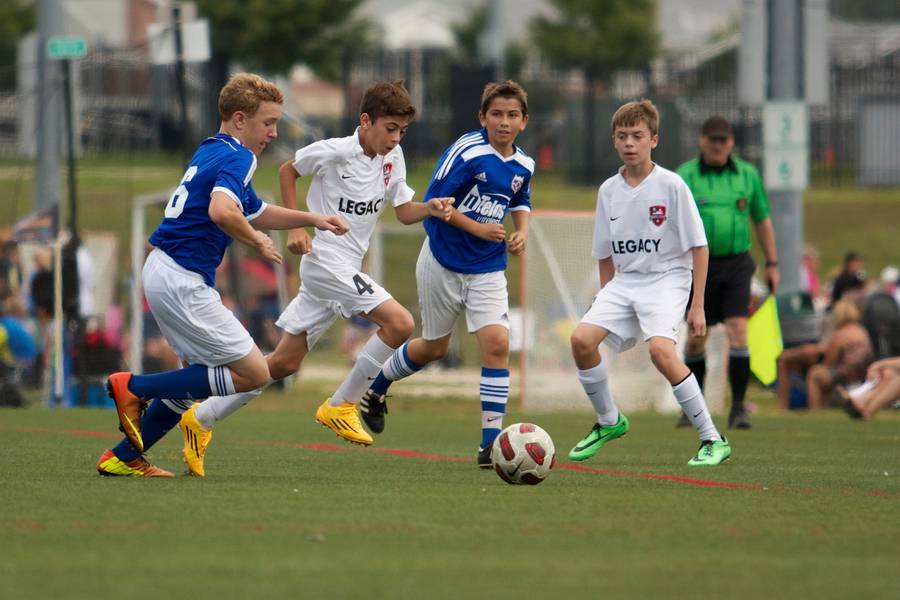The Cradle of The Passion: The importance of non-league football and non-professional football
Football fans always will take inspiration from the biggest matches in the UK and at the European level. However, not all football games can be giant. We can’t expect every town to have Liverpool or Manchester United-size teams.
If you live in a small city with 10,000 people of population, there will be a local club, somewhere in the English Football Pyramid System. That’s what makes some FA Cup matches both entertaining and inspiring: some clashes between the grassroots level and professional level sides that shows us how at the end of the day, we’re connected by the same passion for The Beautiful Game.
But what is the importance of grassroots level football? The attempt to create the Super League not so long ago sparked heated debates among football fans. Some just can’t stand watching lower-division football, while others consider it the backbone of football as a popular sport.
There are good arguments if we consider that there’s some oversupply of games at the professional level, that is, above the English League Two. Professional players are so exhausted at the end of each season that we’ve seen things like the early retirement of Raphaël Varane in the French National Team after the last World Cup in Qatar. The challenges of professional football, however, are another story.
Seeding a Passion Across The Country
Grassroots Football seed the passion for football at the most distant corners of Britain. Weekend leagues are where you may get to see a cousin or a brother playing, and semi-professional football is an amazing social activity that promotes health and wellness for adults, which is a trending concern in 2023 globally.
We also must consider the economic impact of weekend leagues and how they promote matchday economy activity in small towns.
Moreover, not everyone can play for Premier League sides. Grassroots Football also is a parallel avenue of development of new talent that didn’t have the privilege of joining academy-level football at structured club-level institutions. And we’re not exactly talking about the youth here, the point is professional football as an entertainment product needs workers, that is, footballers, and they must have their first steps somewhere. We have many cases of footballers that started at non-league level, like Jamie Vardy for example.
Bringing Real Life Entertainment to Communities
In 2023, leaving the house to a live event featuring just humans kicking a ball sound almost incredible. But getting some fresh air and disconnecting from all the screens that we love is important to balance our ever-growing digital lives with our ‘actual lives’, and traditional sports play an important role in this sense. Attending big games may require a long trip or may simply be a pricey entertainment option, which also shows us how important non-professional football is: it often represents an affordable way to connect ‘in person’ with The Beautiful Game. In order to help attendance and interest in the lower leagues, UEFA has a blackout for live premier league games from 2.45pm to 5.15pm, a longstanding transition from the 1960s. Despite the blackout, betting on football is still allowed, with many bookmakers offering boosted odds or free bets on football in multi-match accumulators on 3pm games.
There is another interesting aspect of non-league level footie to consider, you can still place bets – with smaller limits – but a lot of fun betting on players and teams that you know very well. The betting limits of these markets are adjusted for several reasons, but it’s still possible to enjoy interesting markets like 1x2 and over/under on most cases ‘well below’ League Two games. Sports betting has also been considered to fund the lower leagues from both the Labour Party and former FA Chief Executive Martin Glenn.
The Future of Grassroots Football
Football is, at the end of the day, more than just entertainment. It is part of the cultural identity of communities and generations, but when it comes to the leisure options available these days, a lot more is available than just traditional sports, even when we consider only adults as an audience.
Some have suggested important potential alterations in professional football level, and we’re talking about big names like Real Madrid’s chairman Florentino Perez, who suggested that football with 90 minutes is no longer viable as an entertainment product.
If football at the highest-level changes radically, in terms of rules that make it more exciting, or at least more fast-paced than it is nowadays, we should expect grassroots level football to mimic the dynamics.
In fact, this could be very good for grassroots level. Many amateur footballers can’t take a full 90-minute game, and most matches between friends and at Sunday leagues reduce the total time to 60 minutes or even less.
The importance of grassroots football cannot be overstated. It provides an avenue for young talent to develop, it promotes health and wellness for adults, and it has a positive economic impact on small communities. Additionally, it is an affordable way for fans to connect 'in person' with the beautiful game. While professional football may be oversaturated with games, grassroots football is the cradle of the passion for the sport.
Summary
There are arguments to be made for both professional and non-professional football, but ultimately, the passion for football is the same no matter the level of play. The attempt to create the Super League sparked debates among football fans, but grassroots football remains an important avenue for those who may not have the privilege of joining academy level football at structured club level institutions.
As the world becomes increasingly digital, the importance of traditional sports cannot be underestimated. Attending live events featuring humans kicking a ball provides an opportunity to disconnect from screens and enjoy fresh air, which is crucial for a healthy and balanced lifestyle.
The future of grassroots football may see changes if professional football makes significant alterations to the rules and dynamics of the game. This could be a positive development for grassroots football, as it could allow for a more fast-paced and exciting game that is more accessible to amateur footballers who may not be able to take a full 90-minute game.
In conclusion, while professional football may dominate headlines and attract big-name players, grassroots football remains the backbone of the sport. It promotes health and wellness, has a positive economic impact on small communities, and provides an affordable way for fans to connect with the beautiful game. As the world becomes increasingly digital, the importance of traditional sports like football cannot be underestimated.


















